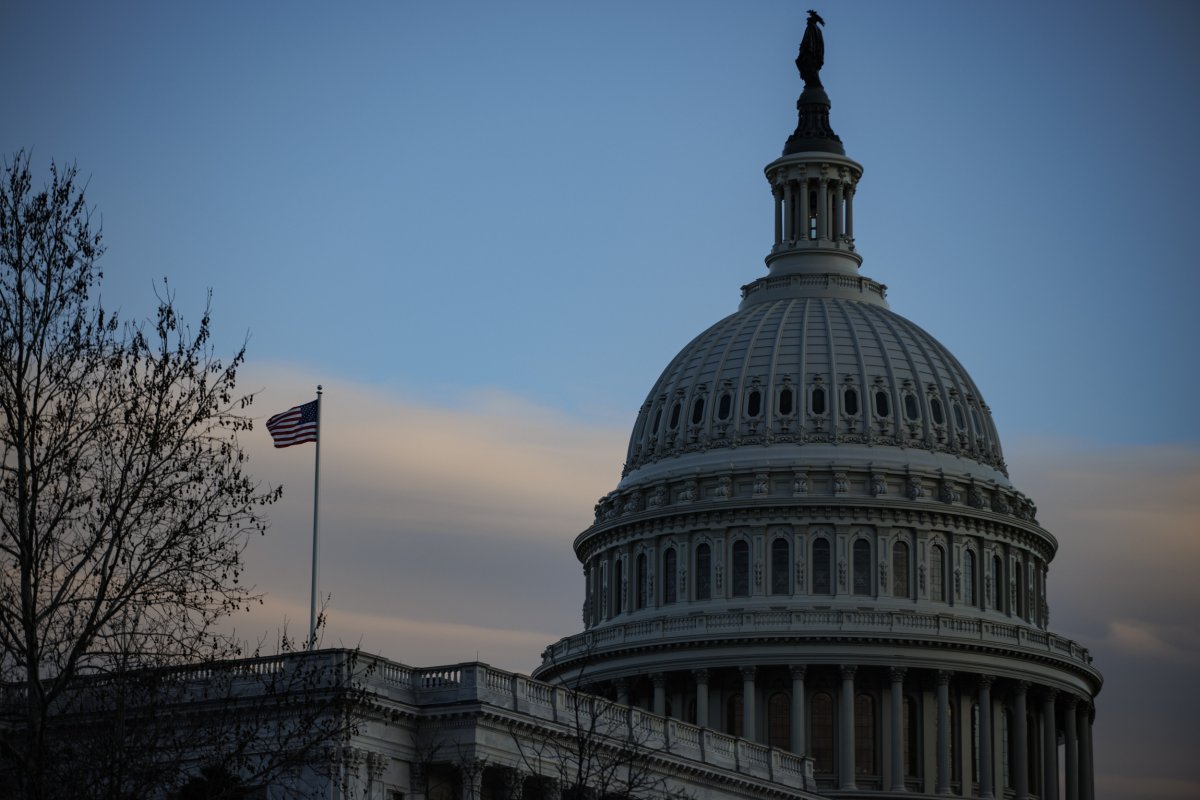A group of Republican House members led by Matt Gaetz recently announced their desire for Congress to allow the Foreign Intelligence Surveillance Act (FISA) to expire, as will happen at the end of this year if it is not renewed. While it would be a mistake to allow the act to sunset as Gaetz and his small conservative coalition demand, it would be nearly as poor a choice to allow it to renew without reform. By making some modest changes to the courts created under FISA, we can achieve a realistic and appropriate balance between liberty and security.
It should be acknowledged that there is very little chance FISA does not get renewed. National security issues tend to unite politicians across the aisle given that neither party wants to open themselves up to being cast as weak when it comes to protecting Americans from hostile foreign powers.
As such, the overwhelmingly most likely outcome with FISA is that sometime between now and December a supermajority of both houses of Congress will renew it. Gaetz and a handful of other Republicans almost certainly won't be able to stop that as there are well over a hundred Democratic "yea" votes to make up for their "nays." However, should they make peace with the reality of the situation, they could very likely extract several meaningful reforms, which would make it far harder for the intelligence agencies they so often demonize to abuse their power.
When it comes to FISA, one of the most consistent issues people on both the left and the right generally have with it are usually centered around the court it created, the Foreign Intelligence Surveillance Court (FISC). This court is notorious for how it operates in a shroud of secrecy and grants warrants at an alarmingly high rate.
The secrecy of these courts is understandable and not readily addressed directly. FISC deal with potential threats to national security that are not covered by our foreign intelligence apparatus. Making these courts operate in the public eye would mean sources would be compromised on a regular basis, handicapping our ability to protect ourselves. This makes it all the more vital that a robust set of checks and balances exists in the form of multiple layers of systematic congressional oversight, a feature the current court lacks.

The rate warrant requests are rejected by the FISC is all the more concerning. All told, well under 1 percent of warrant applications have been rejected by the court over the course of its existence. Even if we were to believe that the government only ever issued requests in the most justified of circumstances, that figure is absurdly high and gives one reason to suspect that the court is little more than a rubber stand formality than it is a real check on the potential violation of civil liberties.
Ameliorating both above issues is nevertheless achievable. FISC is not currently an adversarial court, meaning the government is the only party to proceedings when it requests warrants to be granted. This is the equivalent of holding a boxing match where only one side even knows a fight is happening. It is little wonder then that warrant applications are known to have widespread issues, such as applications being rife with errors and important omissions. When you know the other side can't punch back, you can get away with awfully poor form.
While it would not be advisable or practical to have the actual parties being investigated represented directly, there is nothing stopping the court from having a full-time advocate whose job is to push back against every government request for a warrant. This would be similar to how we appoint defense attorneys for the indignant, as we understand that our court system requires both sides to have lawyers who will zealously defend their client's interests. What's more, these advocates should be required to make regular classified reports to the House and Senate Judiciary Committees to ensure a constant legislative check over the court's operations.
Congress should also modestly change the manner in which FISA judges are selected in the first place. Currently, all FISA judges are appointed to seven-year terms by the chief justice of the Supreme Court. Every judge on the FISC today was appointed by one man, Chief Justice John Roberts. This ensures that every government request for surveillance is considered by a cadre of ideologically uniform judges who are never scrutinized by the legislature to take on this specific role.
There is nothing stopping Congress from taking a more active role when it comes to selecting these judges, just as they do for most all other judicial vacancies, by having the president make nominations that are subject to confirmation by the Senate. Doing so would ensure not only more diversity of opinion on the court, it would also better fulfill a missing element of the checks and balances that government requires to stave off abuses of power.
Nicholas Creel is an assistant professor of business law at Georgia College & State University.
The views expressed in this article are the writer's own.
Uncommon Knowledge
Newsweek is committed to challenging conventional wisdom and finding connections in the search for common ground.
Newsweek is committed to challenging conventional wisdom and finding connections in the search for common ground.
About the writer
To read how Newsweek uses AI as a newsroom tool, Click here.






